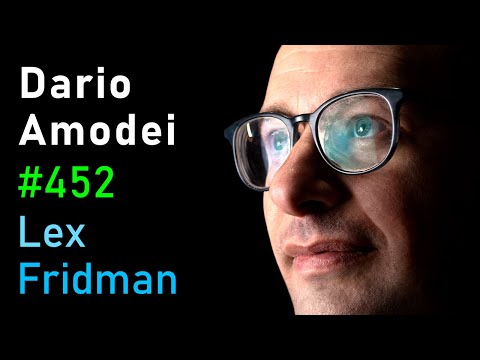
Singularity
The Singularity in Artificial Intelligence is a theoretical future point where machine intelligence surpasses human intelligence, triggering rapid, unforeseeabl...

The technological singularity is a theoretical future event where artificial intelligence (AI) surpasses human intelligence, leading to a dramatic and unpredictable transformation of society. This concept explores both the potential benefits and significant risks associated with superintelligent AI.
The technological singularity, often simply referred to as “the singularity,” is a theoretical future event in which artificial intelligence (AI) advances beyond human intelligence, leading to a dramatic and unpredictable transformation of society. This concept suggests that AI could reach a point where it can improve itself autonomously, resulting in rapid, exponential growth that humans may not be able to control or comprehend.
The term “singularity” is borrowed from mathematics, where it describes a point at which a function takes an infinite value, often leading to unpredictable or undefined behavior. In the context of AI, the singularity represents a pivotal moment when machine intelligence surpasses human cognitive capabilities, creating scenarios that are difficult, if not impossible, to foresee.
The concept of the technological singularity was popularized by mathematician and physicist John von Neumann and later expanded upon by futurists like Ray Kurzweil. Von Neumann suggested that once machines could improve themselves, “human affairs, as we know them, could not continue.”
How or when we might reach the singularity is a topic of intense debate among scientists, technologists, and ethicists. While some experts believe that the singularity is an inevitable milestone in technological progress, others are skeptical and caution against its potential risks. According to proponents like Ray Kurzweil, we could reach the singularity by the mid-21st century, driven by exponential advancements in computing power, algorithms, and machine learning.
The singularity is not just a technical issue but also a social and ethical one. Policymakers and technologists are actively discussing ways to regulate AI to mitigate potential risks. For example, there have been calls for a pause on AI development projects that could outperform existing models like OpenAI’s GPT-4, citing “profound risks to society and humanity.”
Proponents argue that the singularity could usher in a new era of prosperity and innovation. They believe that the benefits of superintelligent AI, such as solving complex global problems and advancing human knowledge, outweigh the risks.
Critics warn that the singularity could lead to catastrophic outcomes if not properly managed. They emphasize the importance of establishing ethical guidelines and regulatory frameworks to ensure that AI development proceeds safely and responsibly.
The technological singularity is a theoretical event where AI advances beyond human intelligence, enabling rapid, autonomous self-improvement and causing dramatic societal changes.
The concept was popularized by mathematician John von Neumann and later expanded by futurists like Ray Kurzweil.
Potential benefits include breakthroughs in medicine, solutions to global challenges such as climate change and poverty, and accelerated innovation.
Risks include loss of control over AI systems, unpredictable outcomes, and significant ethical dilemmas regarding the creation of superintelligent entities.
There is ongoing debate among experts. Some believe it is an inevitable step in technological progress, while others caution about its risks and the need for regulation.

The Singularity in Artificial Intelligence is a theoretical future point where machine intelligence surpasses human intelligence, triggering rapid, unforeseeabl...

Artificial Superintelligence (ASI) is a theoretical AI that surpasses human intelligence in all domains, with self-improving, multimodal capabilities. Discover ...

Dive into Dario Amodei’s interview on the Lex Fridman Podcast as he discusses AI scaling laws, predictions for human-level intelligence by 2026-2027, power conc...
Cookie Consent
We use cookies to enhance your browsing experience and analyze our traffic. See our privacy policy.